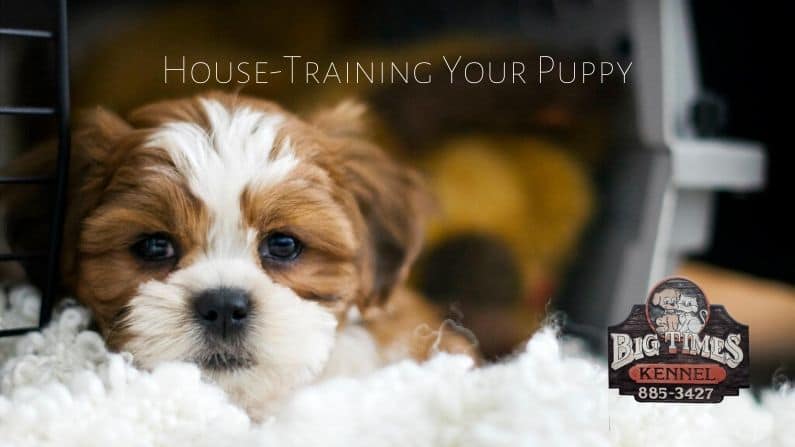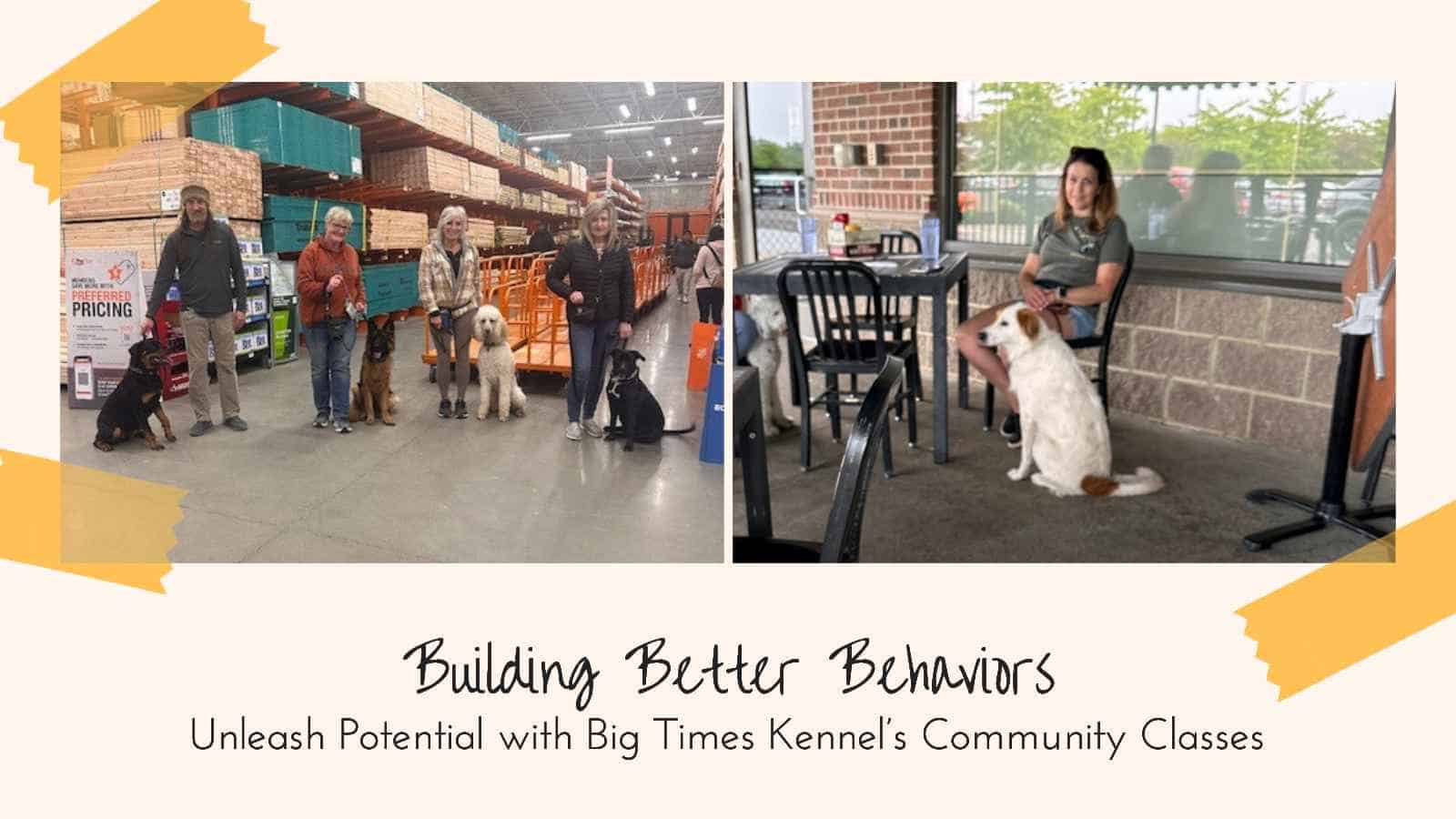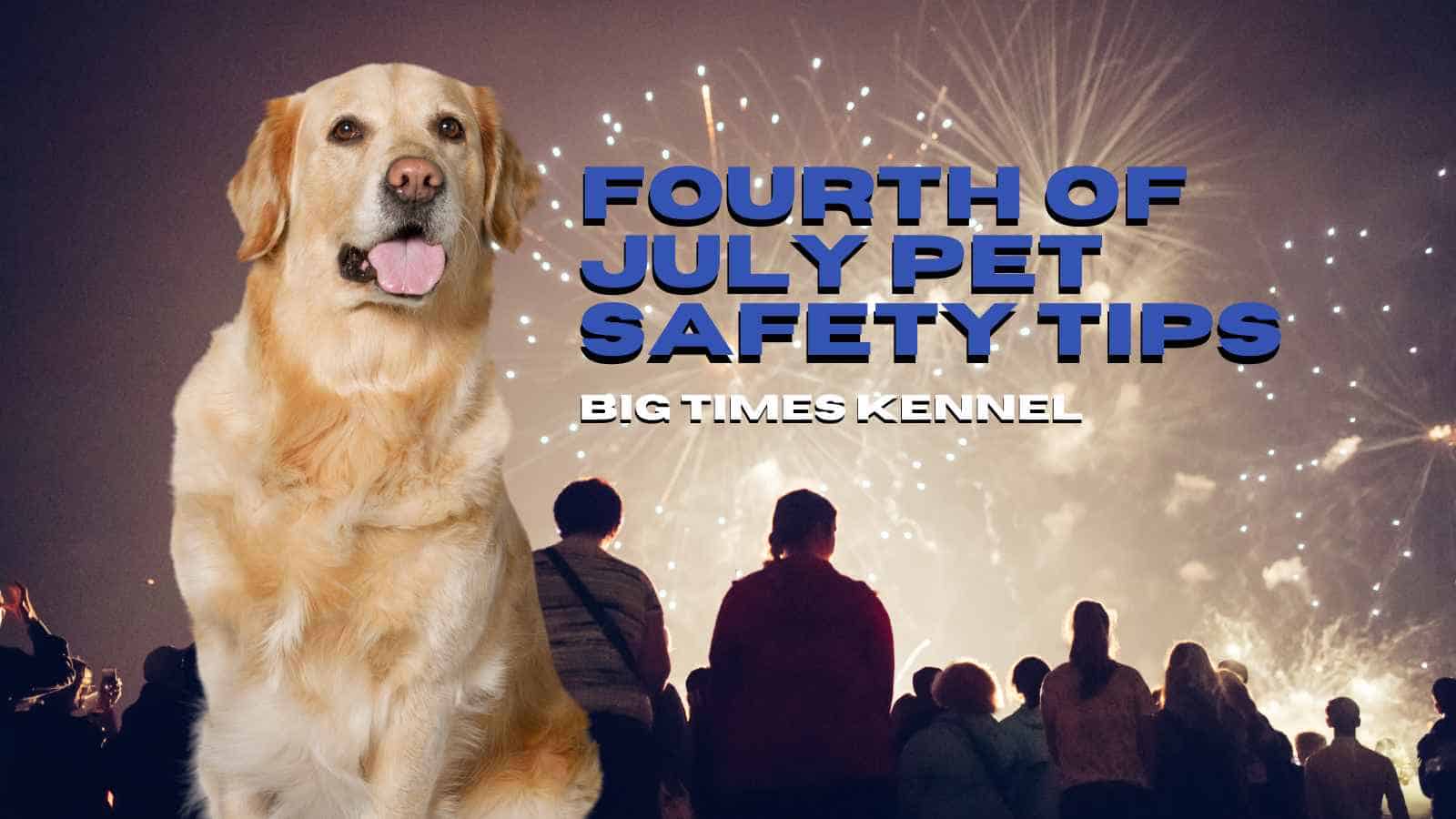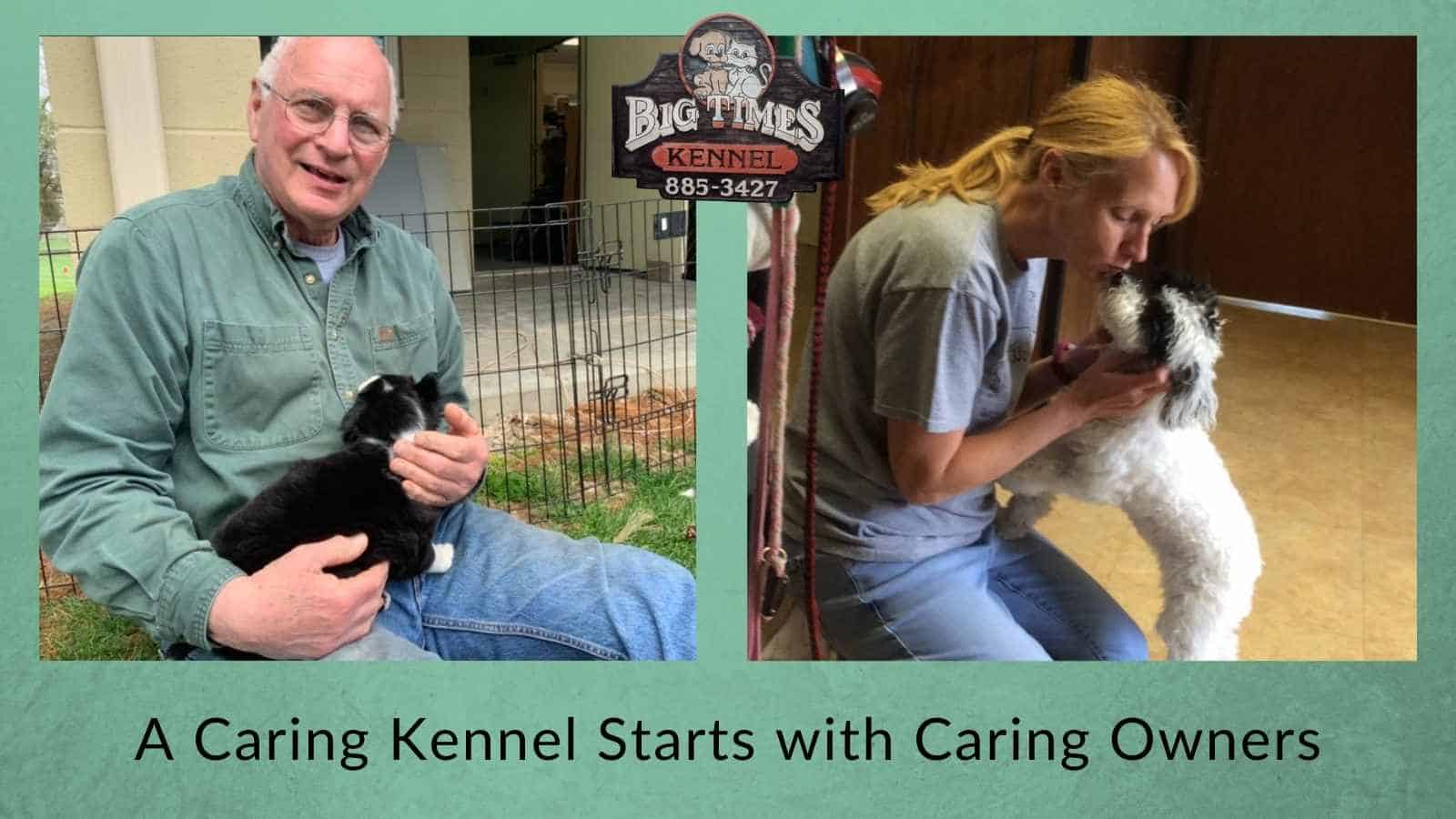House-training your puppy will be less stressful if you start with a plan, remain consistent, offer lots of praise, and practice patience. By instilling good habits from the very beginning, you’ll build trust and create a bond with your pet.
House-Training Your Puppy – Generally, housebreaking should begin between 8-12 weeks or when you introduce your pup to a new home. Keep in mind that a puppy is not physically capable of controlling the muscle to “hold it” until he is about 12-weeks old. But developing a good routine should be practiced before that.
Having the right tools and supplies for housebreaking will help make the process easier. These include getting a crate, bedding, collar, leash, treats, and an enzymatic cleaner.
Create a safe space for your puppy.
A crate is an essential housetraining tool that gives your puppy a defined area of his own to rest and feel safe. It should be large enough to stand up, turn around, and lie down but not so big that your pup can use one corner as a bathroom. This will help teach him to hold it until you open the crate and take him outside. Using a crate while training allows you to keep an eye on him and recognize the signs that your pooch needs to go out. Pacing, circling, sniffing, whining, barking, and scratching at the door are all signs.
Make a schedule and develop a routine.
Build a routine…time for meals, play, walks, potty breaks, and sleep. It’s important to have a regular feeding schedule rather than an unlimited food supply. Plan on taking your puppy out first thing in the morning, shortly after each meal, when waking up from naps, and last thing at night before going to bed. Take him to the same area so that when he picks up the scent, he’ll know to go there. Offer plenty of praise and a treat as a reward for doing a good job! Come up with a phrase to use, such as “go potty” or “outside,” so he associates those words with going outdoors. On days when you are not able to take your puppy out regularly, have someone come in once or twice a day to take him out.
Keep in mind that your puppy is learning, and accidents will happen.
Do not react in anger by punishing your pup, which will result in having your dog fear you instead of trusting you. If you catch your puppy in the act, clap your hands, call out, say “outside,” and gently pick him up or lead him out by the collar to finish. Afterward, use words of praise or a treat to reinforce that going outside is a good thing. If you don’t catch him in the act, don’t yell, rub his nose in it, or grab him forcefully. Your puppy isn’t capable of connecting your anger with the accident. Use an enzymatic cleaner when cleaning up accidents to eliminate scents that will draw him back to that spot.
While it typically takes 4 to 6 months to train a new puppy fully, some may need more time depending on the circumstances. If you adopt an older rescue, he may have to learn new, more favorable habits.
According to the American Kennel Club (AKC), take the age of your puppy in months and add one to estimate the maximum time your puppy should comfortably be able to hold between potty breaks. If your pup is 3-months old, add 1 to give a total of 4 hours that your puppy should be able to stay in his crate without having an accident.
When your puppy learns to “hold it,” you can give him more freedom to roam inside and out. Until then, keep him on a leash. The keys to housetraining are awareness, patience, consistency, and routine. It may not be easy at first, but the rewards will be worth it. Naturally, before you take a puppy into your home, make sure you have the time and tools you need to train your pup successfully. He needs you to help him learn and succeed.
House-Training Your Puppy
Big Times Kennel can help you with questions or issues you may have with potty training your pup. Owner, John Reilly has 20+ years of experience in offering obedience, manners, and agility training for dogs of all ages. Contact us today for your training, boarding, or grooming needs.










0 Comments